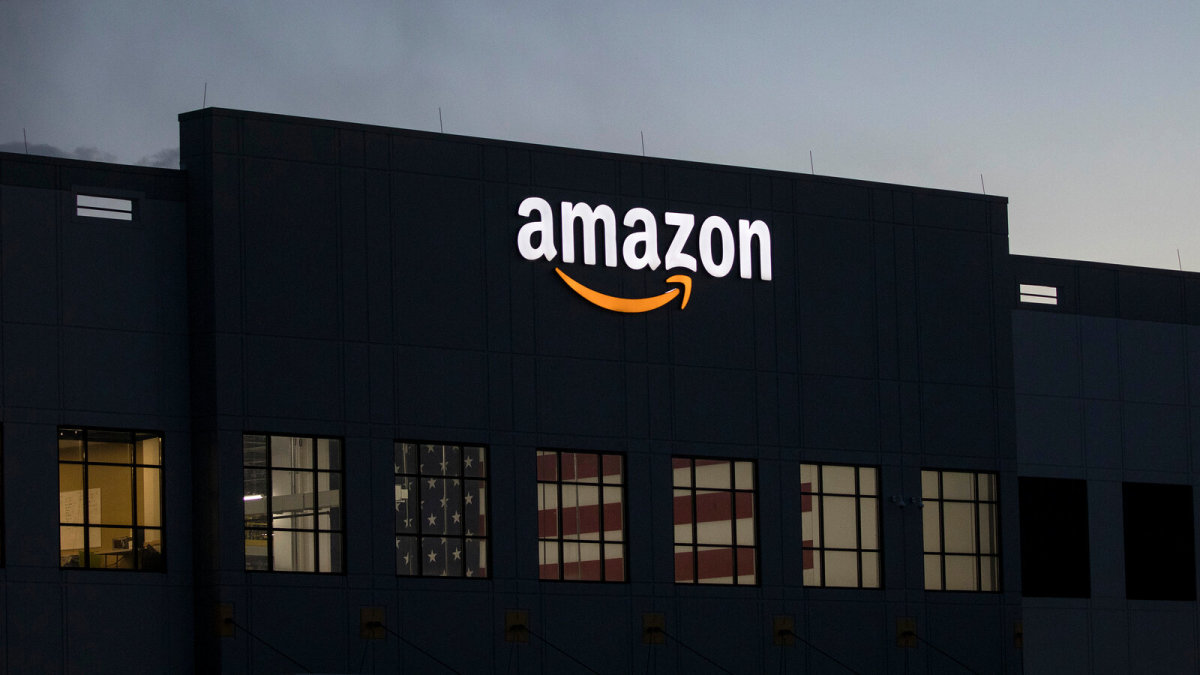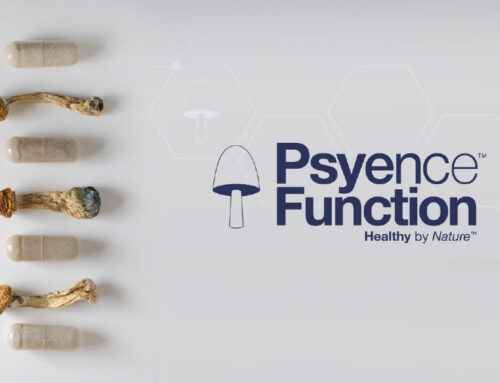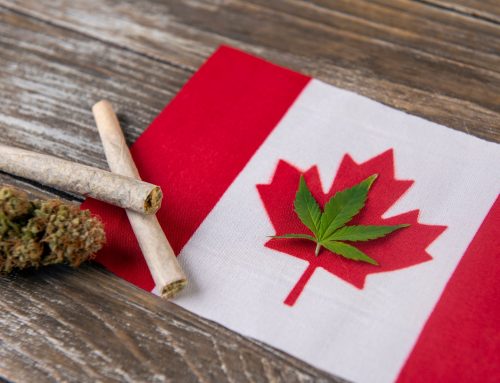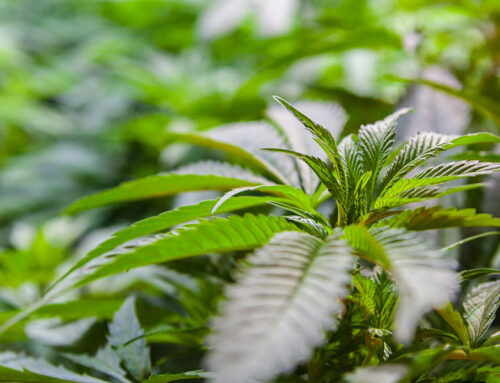Amazon’s Hemp Product Dilemma: Undeclared CBD, Mislabeling, and Policy Contradictions
LOS ANGELES- A recent study conducted by CBD Oracle has shed light on the problematic state of hemp product listings on Amazon, unveiling a landscape of mislabeled items, undeclared cannabinoids, and outright policy violations. Despite Amazon’s clear stance against the sale of hemp-derived cannabinoids, the investigation reveals that the online marketplace may not be as compliant with its own policies as previously believed.
In an extensive review, CBD Oracle procured 56 hemp-related products from Amazon, selected via search terms like “cbd gummies” and “hemp” during December 2023 and January 2024. This assortment included 45 gummies, eight tinctures, two topical creams, and one pack of mints—products explicitly banned under Amazon’s guidelines.
The findings are alarming: 30% of these products contained undeclared CBD, 36% had no hemp content whatsoever, not even hempseed oil, and about half boasted unapproved medical claims. More concerning was the discovery of significant doses of delta-8 THC in three items, a substance known for its psychoactive effects, albeit less potent than delta-9 THC found in cannabis.
InfiniteCal Labs, tasked with analyzing these products, highlighted the gamble consumers take when purchasing hemp or CBD items from Amazon. “You could be getting CBD-infused products, THC-infused products, hempseed oil-infused products, or it’s very likely you would be getting a product with no hemp in it at all,” stated Erik Paulson, PhD, lab manager at InfiniteCAL.
Variability in CBD content was notable among the 17 products containing CBD, ranging from as little as 28 milligrams per package to as much as 1,582 milligrams. A staggering 96% of products either failed to provide dosage information or provided inaccurate dosage details, with the actual cannabinoid content averaging only 25% of what was promised.
The report also touches on the financial implications of Amazon’s hemp market, estimating its value at approximately $64 million annually, despite the official ban—a figure that could potentially rise to $125 million.
This investigation raises significant questions about the enforcement of Amazon’s policies and the safety and accuracy of hemp product listings. With over half of the reviewed products making unapproved health claims, the risk to consumers is evident, highlighting a need for more stringent oversight and transparency in online retail spaces.
As the hemp market continues to grow, the findings from CBD Oracle’s report underscore the urgency for clearer regulation and enforcement to protect consumers from misleading or potentially harmful products.




































